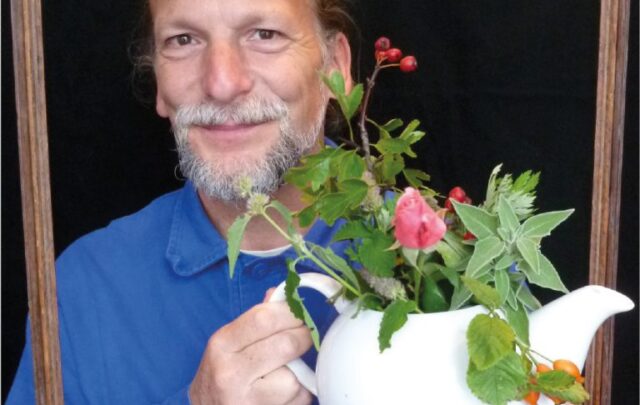
Residents of suburban Sucre in the greenhouse, built with support from a government urban agriculture program. (Frank Chávez / IPS)
As advocates and practitioners know, urban farming delivers a number of benefits, from improving household access to healthy foods to growing local economies. On the outer edges of Sucre, the capital of Bolivia, a government-supported urban agriculture cooperative has an additional mission: to enhance gender equity by enabling women migrants to achieve financial independence.
The 680-member Sucre Association of Urban Producers draws women from 83 low-income suburban neighborhoods. Many of these women recently relocated from rural areas. But while the men in their households transitioned to employment in construction or other urban industries, the women found themselves isolated in their new communities, lacking the skills necessary to securing a paying job.
Happily, the women—many already adept farm hands—found support by way of the Programa Nacional de Agricultura Urbana y Periurbana, a state effort to promote urban and suburban agriculture. Specifically geared toward women migrants, the program offers technical assistance to families undertaking urban farming, including instruction in selecting crops and help building greenhouses. In addition, the local government donated tanks to reclaim rainwater for irrigation. A local committee monitors the quality of the produce and certifies it as organic; nearby businesses, including the nonprofit vegetarian Condor Café, source fresh vegetables from the Sucre Association of Urban Producers.
The women of the cooperative are deservedly pleased with the fruits—both literal and metaphorical—of their labors. “We organized as women, and now we eat without worry because we grow our food free of chemicals,” one participant told Inter Press Service News Agency. Echoed another: “I don’t ask my husband for money anymore, and we don’t spend anything on vegetables.”

Women members of the Sucre Association of Urban Producers relish the financial independence gained through urban farming. (Frank Chávez / IPS)
This article is cross posted with permission from Shareable.net.





